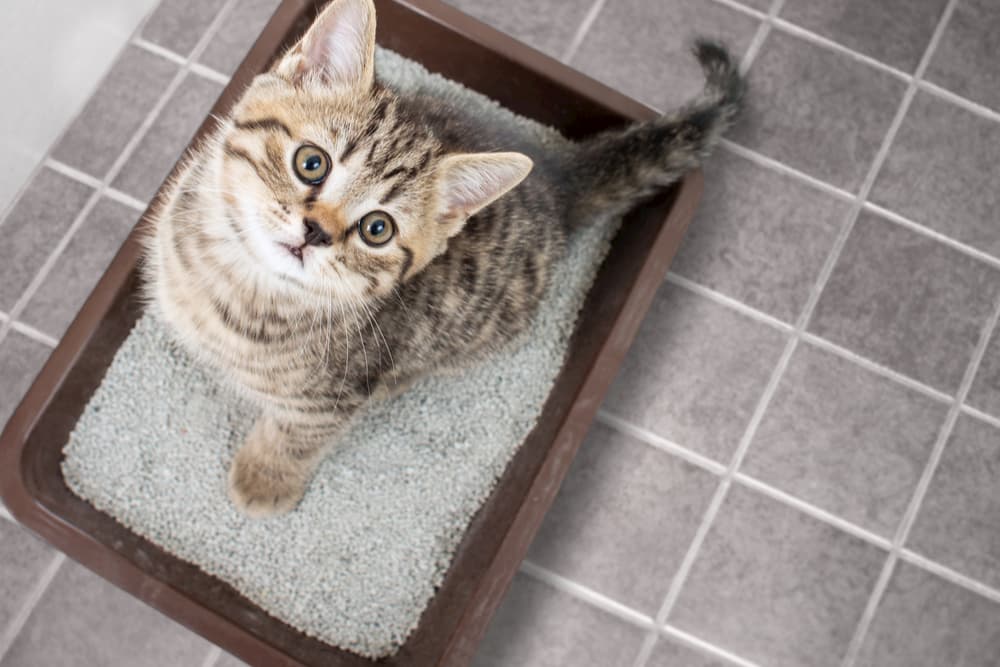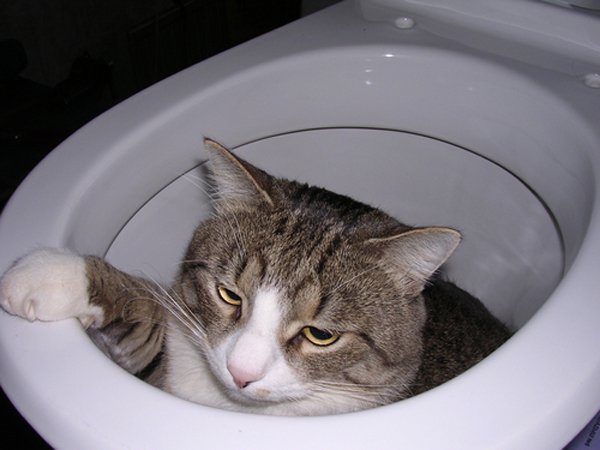The article which follows involving Can You Flush Cat Poo or Litter Down the Toilet? is immensely captivating. Don't overlook it.

Intro
As feline owners, it's important to be mindful of how we throw away our feline pals' waste. While it might seem convenient to purge feline poop down the toilet, this practice can have detrimental effects for both the setting and human health and wellness.
Alternatives to Flushing
The good news is, there are more secure and extra accountable ways to dispose of pet cat poop. Think about the adhering to options:
1. Scoop and Dispose in Trash
The most common approach of throwing away pet cat poop is to scoop it into an eco-friendly bag and throw it in the garbage. Be sure to utilize a committed clutter scoop and take care of the waste immediately.
2. Use Biodegradable Litter
Choose naturally degradable feline litter made from materials such as corn or wheat. These litters are eco-friendly and can be safely thrown away in the garbage.
3. Bury in the Yard
If you have a backyard, think about hiding feline waste in a marked location away from vegetable gardens and water sources. Be sure to dig deep enough to prevent contamination of groundwater.
4. Install a Pet Waste Disposal System
Invest in a family pet garbage disposal system specifically made for cat waste. These systems make use of enzymes to break down the waste, decreasing smell and ecological influence.
Health Risks
Along with ecological issues, flushing pet cat waste can also posture health and wellness threats to humans. Pet cat feces might include Toxoplasma gondii, a bloodsucker that can trigger toxoplasmosis-- a possibly serious ailment, particularly for expectant females and people with damaged body immune systems.
Ecological Impact
Flushing cat poop introduces damaging microorganisms and bloodsuckers into the water supply, presenting a substantial danger to water communities. These pollutants can adversely affect aquatic life and compromise water quality.
Final thought
Accountable animal possession expands past giving food and shelter-- it also includes proper waste administration. By refraining from flushing feline poop down the toilet and choosing alternative disposal methods, we can decrease our ecological footprint and secure human health and wellness.
Why Can’t I Flush Cat Poop?
It Spreads a Parasite
Cats are frequently infected with a parasite called toxoplasma gondii. The parasite causes an infection called toxoplasmosis. It is usually harmless to cats. The parasite only uses cat poop as a host for its eggs. Otherwise, the cat’s immune system usually keeps the infection at low enough levels to maintain its own health. But it does not stop the develop of eggs. These eggs are tiny and surprisingly tough. They may survive for a year before they begin to grow. But that’s the problem.
Our wastewater system is not designed to deal with toxoplasmosis eggs. Instead, most eggs will flush from your toilet into sewers and wastewater management plants. After the sewage is treated for many other harmful things in it, it is typically released into local rivers, lakes, or oceans. Here, the toxoplasmosis eggs can find new hosts, including starfish, crabs, otters, and many other wildlife. For many, this is a significant risk to their health. Toxoplasmosis can also end up infecting water sources that are important for agriculture, which means our deer, pigs, and sheep can get infected too.
Is There Risk to Humans?
There can be a risk to human life from flushing cat poop down the toilet. If you do so, the parasites from your cat’s poop can end up in shellfish, game animals, or livestock. If this meat is then served raw or undercooked, the people who eat it can get sick.
In fact, according to the CDC, 40 million people in the United States are infected with toxoplasma gondii. They get it from exposure to infected seafood, or from some kind of cat poop contamination, like drinking from a stream that is contaminated or touching anything that has come into contact with cat poop. That includes just cleaning a cat litter box.
Most people who get infected with these parasites will not develop any symptoms. However, for pregnant women or for those with compromised immune systems, the parasite can cause severe health problems.
How to Handle Cat Poop
The best way to handle cat poop is actually to clean the box more often. The eggs that the parasite sheds will not become active until one to five days after the cat poops. That means that if you clean daily, you’re much less likely to come into direct contact with infectious eggs.
That said, always dispose of cat poop in the garbage and not down the toilet. Wash your hands before and after you clean the litter box, and bring the bag of poop right outside to your garbage bins.
https://trenchlesssolutionsusa.com/why-cant-i-flush-cat-poop/

As a serious person who reads on Can You Flush Cat Poop Down The Toilet?, I assumed sharing that portion was necessary. Those who enjoyed our blog entry please don't forget to share it. I thank you for reading our article about How to Dispose of Cat Poop and Litter Without Plastic Bags.
Get A Free Estimate